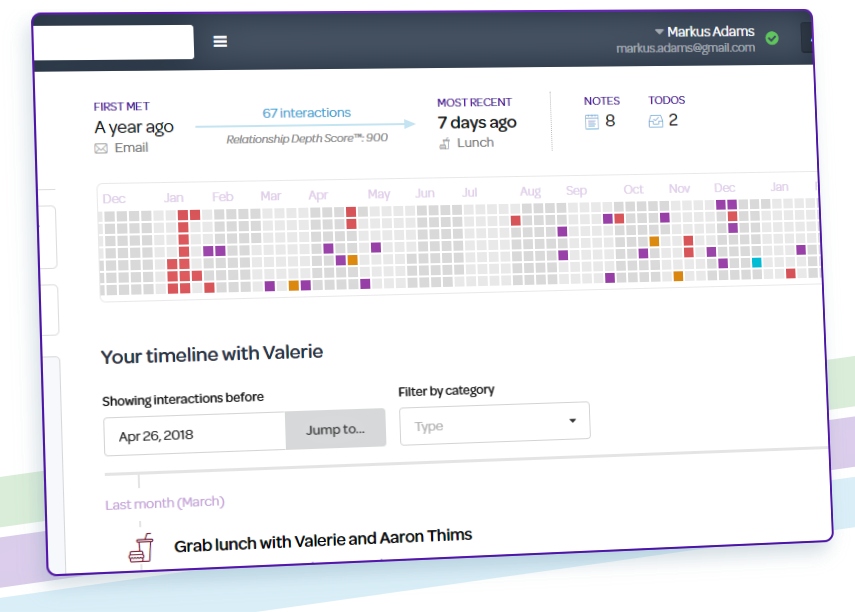New study reveals major population shift
According to a new study, “Demographic Challenges and Opportunities for U.S. Housing Markets” prepared by the Bipartisan Policy Center, the challenges presented with the shifting demographics are complex and call for housing policy that matches the shifts. The policy was founded in 2007 to discover housing challenges and make bipartisan recommendations on housing policy as a response.
Challenge one: population growth
The first challenge to devising housing policies is the expanding population. It is said that between now and 2050, America will add 93 million to its total population, which the National Association of Realtors translates to mean 43 million housing units will need to be added for sale or lease to match the pace of the population growth.
Challenge two: minority homeownership
The report points out that the gap between minority homeowners and Caucasian homeowners is in dramatic flux as a result of the recession. African American homeownership in 2010 is 28 percent lower than 1990-2000. Hispanic homeownership rose during the housing boom, but the recession wiped out all gains, and Hispanic homeownership is now 25 percent lower than Caucasian homeownership.
Because of these losses, the median wealth for the Hispanic and African American population is down by a half to two thirds. The Bipartisan group the widening gap which housing policy (that began decades ago to decrease this gap) must be revised.
Challenge three: Boomers out, Millennials in
It is no secret that the Baby Boomer generation has already begun to downsize their homes, adding 11 million properties for sale (or lease) between 2010 and 2020, and another 15 million between 2020 and 2030.
The “Echo Boomer” generation (also known as the Millennials, children of Boomers) is expected to absorb 75 to 80 percent of these properties, but the challenge lies in the fact that Millennials are highly educated yet are one of the most unemployed and underemployed generations which could present a challenge to the necessary absorption due to delayed home purchases.
Boomers selling to Millennials is already happening widely in the Northeast and Midwest, according to the report, so it is possible to look to these patterns for guidance in coming decades.
Challenge four: rentals
Most reports expect rental amounts and the volume of renters to increase, yet homeownership is projected to stay above 60 percent between now and 2030. The stigma of renting is dying, and the American Dream is no longer the white picket fence and 2.5 kids, so Millennials are not pressured to be homeowners by society as past generations have been.
This will be a challenge as homeowners become renters and young renters stay renters.
Future housing policies
Millennials are the most diverse generation which could go a long way toward reducing the minority homeownership gap, and Millennials are educated yet most do not feel the pressure to own a home or land as in previous generations. The wave of buyers and renters soon to hit the market will shift housing policy, but most importantly, the growing population will have an impact on policy as the nation must meet the demand.
The report notes that demographic trends for housing are “quite fluid,” and that “This fluidity and uncertainty mean, together, that decisions about the shape of housing policy in the U.S. – especially the finance system and tax incentives for owner-occupied and rental housing – stand to have a potentially large effect on the shape of the future U.S. housing market.”
Further, “Housing policies will likely affect individuals’ decisions about whether, when and with whom to form households. Even more, the housing policies that emerge by the end of the 2010s will influence whether many households buy or rent, where they decide to live and whether houses currently owned by Baby Boomers are sold, rented or leave the housing stock entirely. Whether for newly forming households or long-established ones, therefore, housing policies that emerge by the end of this decade have the potential to affect significantly the wealth portfolios of tens of millions of American families.”
Tara Steele is the News Director at The American Genius, covering entrepreneur, real estate, technology news and everything in between. If you'd like to reach Tara with a question, comment, press release or hot news tip, simply click the link below.









































